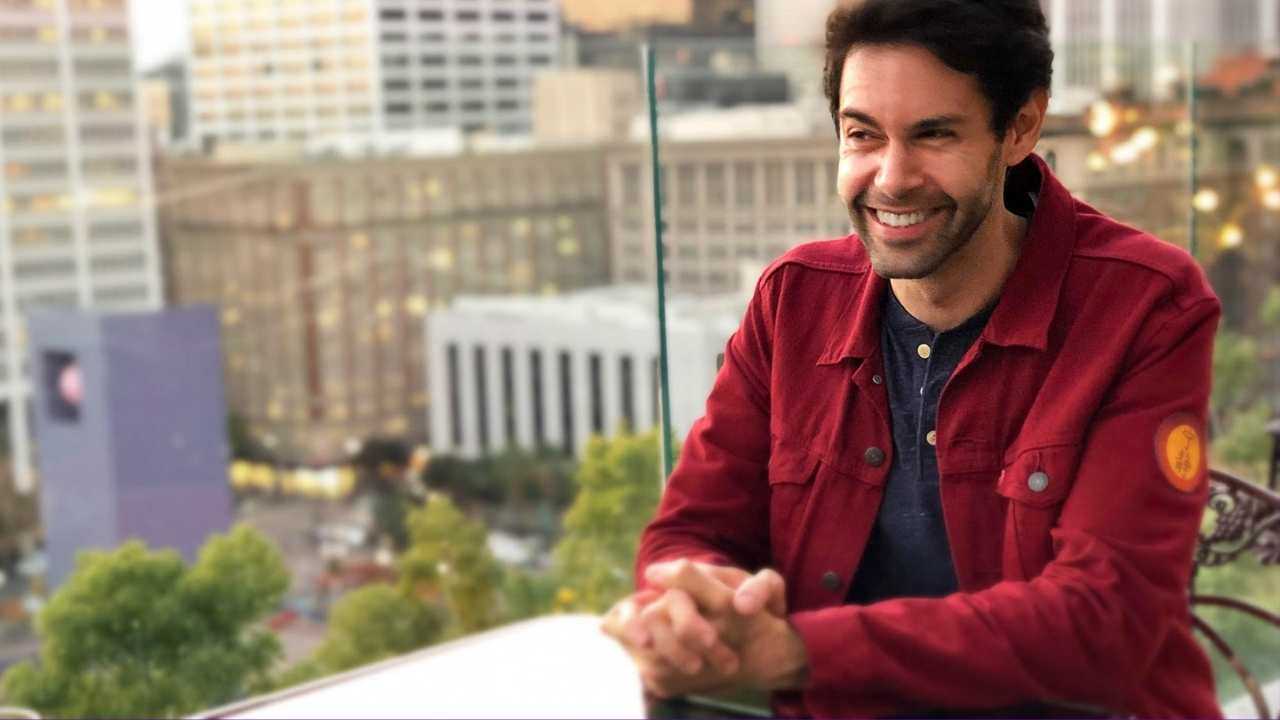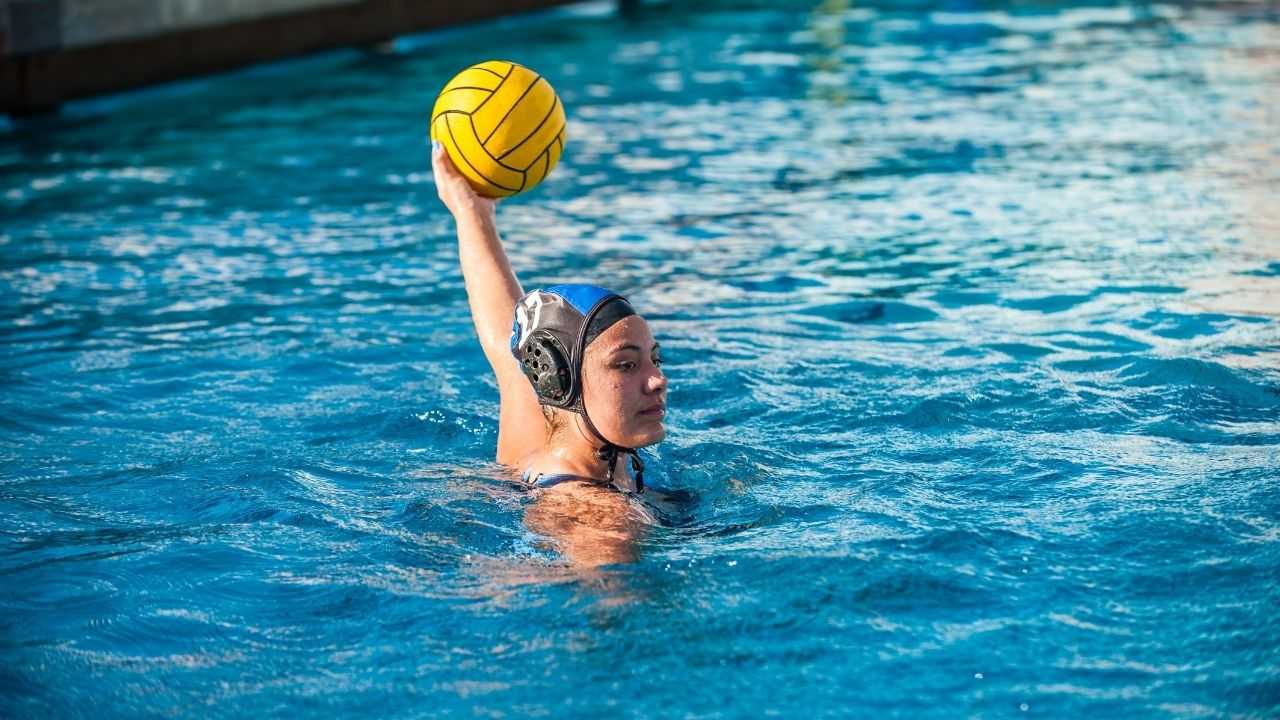Time Out With … Coach Daycia Clarke
A force behind #shecancoach shows what happens when women get off the bleachers and onto the court
Tatiana Castro
| 5 min read

WKBW-TV (Buffalo, NY)
“If you’ve ever learned a new skill, if you’ve ever overcome something that you weren’t good at, if you’ve ever had to talk to other people, you have all the skills you need to be a great coach,” says Daycia Clarke.
That is the sentiment that inspired Clarke — the associate director of Project Play Western New York — to spearhead a #shecancoach event in her community in Buffalo, New York. It’s a campaign to inspire more moms, aunts and female fans in the bleachers to use their passion for the game to inspire young people — women like Clarke, who as a result signed up to coach her first girl’s basketball team.
Her girls, ages 8 to 10, many of them first-timers, had a tough season. But the experience was infinitely rewarding, says Clarke. “We did not have a winning season by a long shot. But I had a winning season because all of my girls returned.”
Now, Clarke hopes to inspire other women to take the #shecancoach pledge and realize the huge skillset they can bring to the field, the court and to any match where kids can use a positive role model.
MOJO took time out with Clarke to discuss the rewards and challenges of being a female coach.
Tell me about your best day as a coach.
It might have been my third or fourth practice. It was off to a rocky start. I had a roster of about 12 girls and seven or eight of them were 8-year-olds in a league that was 8 to 12. And none of them had ever played basketball. We were starting from scratch
I had one dad who was showing up to practice every single time and was not very supportive. He walked right past me and asked, Is there a head coach? Is there an assistant coach?
By the third practice, I gave up on the typical practice. I backed up and said, How do I make sure they have fun? And I thought the best way to do that was to make everything a game.
So, when I was trying to introduce a layup, we played a game with tag first — and they started getting it. Then we switched from tag to getting the ball in the hoop. And I could see my dad on the sideline, nodding.
Finally, he said, “OK, OK, I think I’m on board. I like your style.”
From there on out, he was my right hand man. His daughter came home loving basketball. And he came back for a second season.
It was that Disney moment. That practice was the practice where it clicked, and he was part of my team.
And your toughest?
There was a game that went horribly wrong. We were outmatched in every way — height, skill. They were throwing the ball over our girls’ heads. The first quarter was a rude awakening.
Maintaining a positive morale on our bench — that was the hardest thing.
I was trying to encourage them not to look at the score. To focus. And the main focus was, Let’s stop thinking about winning this game, that’s not a realistic goal. In between quarters, we changed the conversation to, What did we do really well? Who do you think can make the shot? What can we do to get her the ball?
So it’s not just me as a coach telling the players what to do, but empowering the girls to be decision makers — empowering them to look at themselves critically and make the decision.
What is the best piece of coaching advice that you’ve received?
Never take the focus off the kids. It’s very easy to get swept away in the competition. It’s easy to get super frustrated with the hecklers. It’s very easy to focus on all of the other things — the score, the bad ref or the things that didn’t go well. But if you can remind yourself that this entire experience is to highlight and amplify their experience, that changes how difficult it is.
What advice do you give to other coaches?
Find your leaders and let them lead. You might not know how to dribble from one hand to the other, but I bet you there’s one girl who does. Let them lead, because they’re going to end up being your team captains, your team cheerleaders.
Why do you coach?
I started coaching because there was an absence for my girls. I continue to coach because I really enjoy it. The experience of seeing someone think that they can’t, and learning that they can, is the hook. I love being a part of that magic.
Finish this sentence: You know you’ve got MOJO when…
… you smile through the losses.
This interview has been edited for length and clarity.





